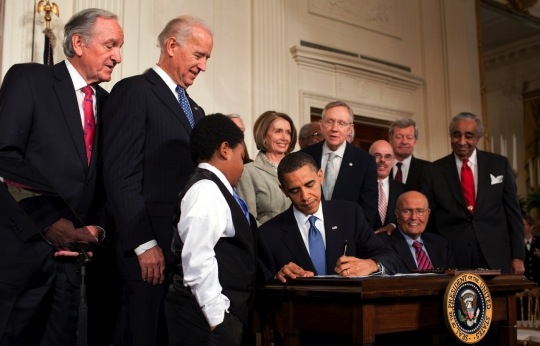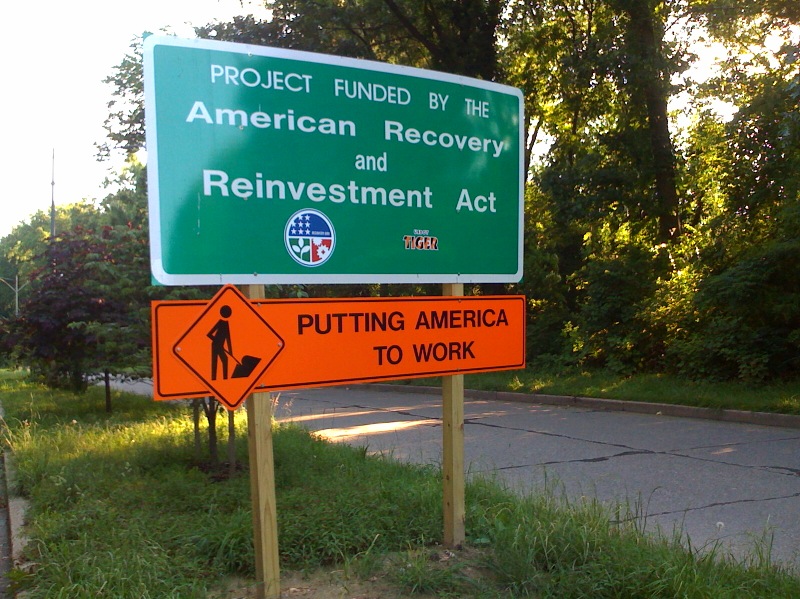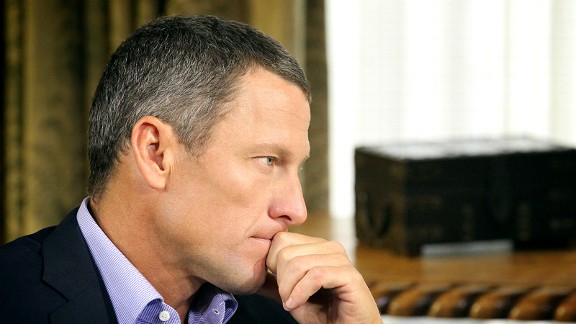 |
| Bush receiving warm welcome in Iraq. Guy liked him so much, he lent him both his shoes. |
The figure of "28% of the American people" has stuck in my head ever since the final approval numbers were tallied for George W. Bush at the end of his administration. 28% still approved of him. I've long thought of those people as Bush dead-enders, based on Donald Rumsfeld's comments on the Iraqi "dead-enders" by which he meant the final few who wouldn't accept that America had won the Iraqi War. Of course, that was before we figured out that we hadn't won the war and that it would mean thousands more American soldiers dead and wounded before we ended up pulling out completely and leaving Iraq to be self-governed by, erm, the Shiite half of those same Iraqi dead-enders. This was a hollow "victory" indeed, as those Shiites built close relations with their Shiite brothers in Iran.
That narrative would, of course, not make any sense to the Bush dead-enders because, one, they probably thought the war was wisely begun and wisely fought and no doubt "won." Anyway, there's your 28%.
Who are they today? They're the locked-in support for any of the whacky tea-party ideas, or birthers, or conspiracy theorists that think that Barack Obama is holding back the economy with secret tricks so he can continue on his wild spending rampage, or the old white people that want the gubmint to keep their hands off their Medicare, oblivious to the fact that the government runs their Medicare and couldn't keep their hands off it if they tried. They're also the bulk of those in any poll showing 32% or 35% opposition to anything Obama or the Dems might support.
But to today's point: I've recently spent time debating, on a Google+ forum, a card-carrying Ayn-Rand objectivist and libertarian who's main political and economic philosophy essentially amounts to this:
- I succeed because I'm smart, work hard, and I shouldn't share any of my money with the poor losers in society because they're just unlucky people who ended up with loser genes. If they have loser genes, helping them survive with government help (using my taxes!) is not good for the country because then they'll survive and have loser children and then the cycle just goes on.
- We don't need any regulations on markets and commerce because that's just a socialist effort to take my money, and, plus, there's never been a successful socialist country in history. (Scandinavian or other European or Asian examples (ex-China, of course) don't count because they're not "pure" socialist states.)
- We should never regulate guns because more guns have meant less crime, always make people safer and any statistics that prove otherwise are just "manipulated to fit your agenda."
- Capitalism is the greatest system in the history of the world. It works perfectly when left unregulated.
- The income-inequality thing is pretty overblown and in any event the rich deserve their money and the poor shouldn't have any of it.
- The unemployed shouldn't receive extended benefits because they're all just slackers gaming the system. It's a complete scam. Let 'em sink-or-swim, and it's time we stopped coddling them.
- The poor are all just slackers, too.
- Unions are terrible, and government workers are leeches who don't deserve their healthcare and pensions because they just steal from the rest of hardworking Americans. They should all be easier to fire because unions are the only reason they even have a job and they're mostly incompetent.
- Obama is a wild, way-left socialist bankrupting America.
- Social democracies in Europe work only because they're homogenous societies. Couldn't work at all here in America because we're diverse.
- Guns should be just as unregulated as markets.
 |
| Begging: must be slackers, especially the baby. |
We can't count on fixing America's ills when a segment of the people are this willfully ignorant as I believe the lingering Bush dead-enders are. We could also call them "refuseniks" in that they refuse to accept any fact if it doesn't support their world view.
This is, no doubt, what Barack Obama meant in his inauguration speech when he referred to "absolutists." There's about 28% of them, higher in some states than others, and they're not going anywhere anytime soon. And neither is America if a big block of them have a home in the House of Representatives.
And today, 69 GOP House members co-sponsored a bill that ends the federal income tax. That's a bold, intelligent move, right? I have a notion why they think it's not crazy, and it's that those darned 28% live in their districts and will shout "right on!" and embrace the bill and be ready to vote for their representatives in 2014.
Holy crap. We're all so screwed. (For now...)
Update. I discovered that, although 28% was the approval rating for Bush for most of his last year, I'd forgotten that his actual final tally was closer to 22% (that was, though, after his term was up). Let's call those people the hard-core dead-enders! (His current ratings are up, but still in negative territory, making him the only living president with that distinction.)
 |
| I didn't invent uncivil discourse. |












































